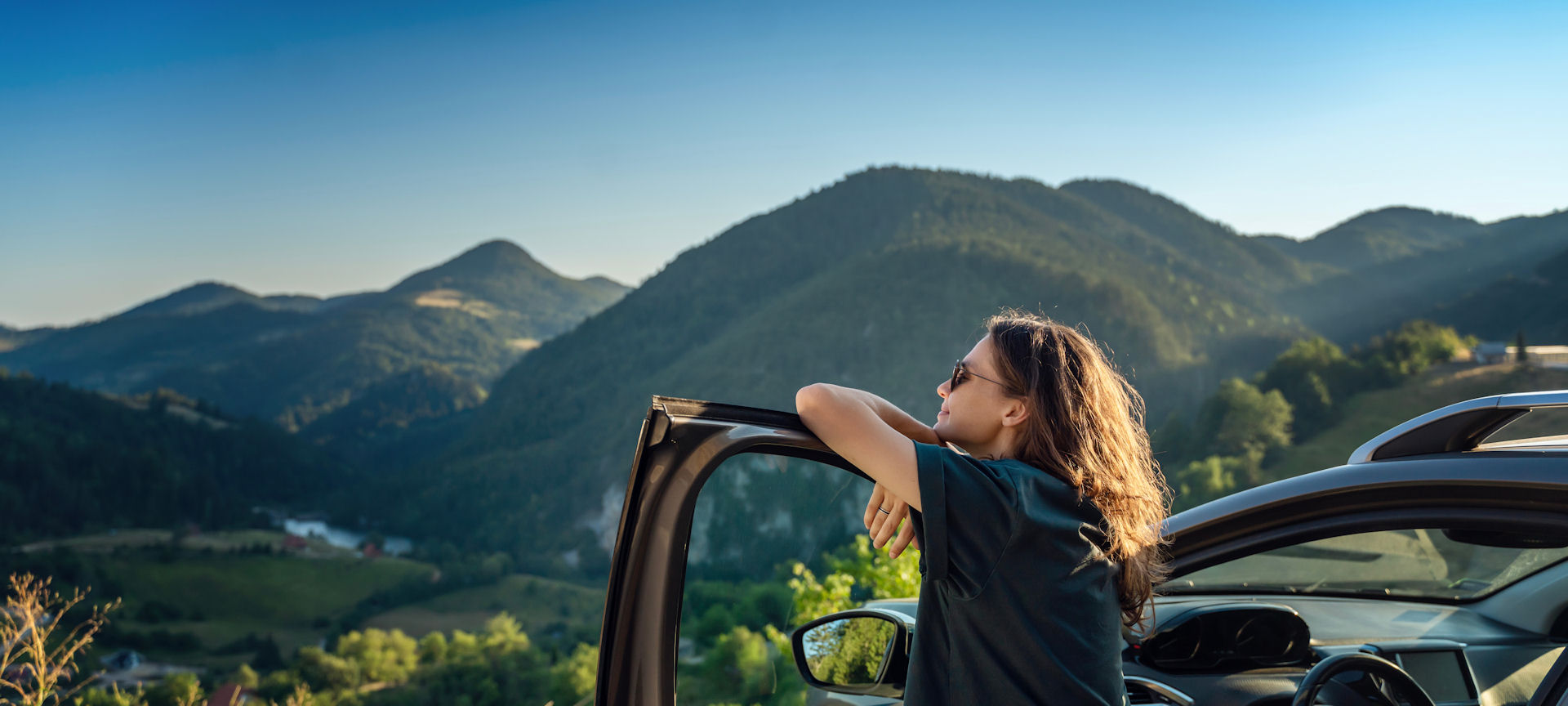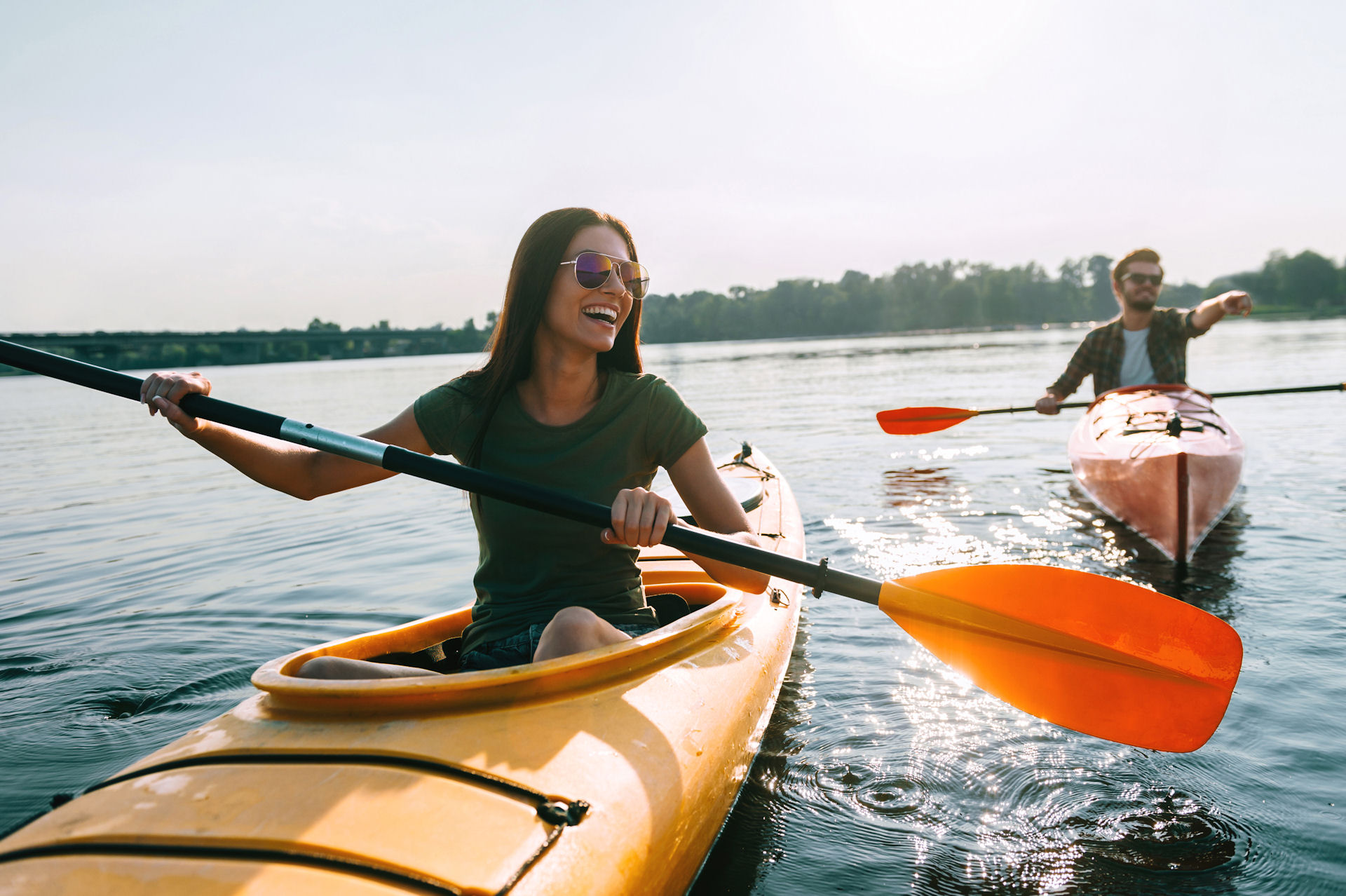Sober Vacations: How to Travel and Stay on the Path to Recovery
Summer is here which, for many, means it’s the traveling season. Summer vacations, whether with family, with your spouse, or by yourself can be a great way to relax and recharge. It can also be a great way to get out and experience fun, new things.
However, for those who are sober, trying to plan a vacation while also maintaining your sobriety may seem like a daunting and stressful task. It is important to remember though that sober vacations can be just as fun as non-sober vacations. It’s all about knowing where to go, where not to go, and coming up with fun, sober things to do.
If you are thinking about taking a sober vacation this summer, keep reading to learn some tips and tricks.
Can You Take a Truly Sober Vacation?
The short answer is yes, not only can you take a truly sober vacation but you can have fun doing it as well. While taking a truly sober vacation may take a little bit more planning, especially if you are going with others who may not be sober, it can be done.
It’s important to remember though when planning a sober vacation, if you are going with others, make sure everyone else in the group is not only supportive but is also willing to respect your wishes when it comes to staying sober and participating only in sober activities as a group.
What Are Vacation Triggers?
A vacation trigger happens is a catalyst that can cause a person to start thinking about or even using drugs or alcohol again. Some common examples of vacation triggers include:
- Anywhere where alcohol is present and plentiful such as bars and nightclubs
- Crowded areas
- Locations that are famously known for their drug and alcohol use
- Places that may remind you of your time using
- Participating in activities that you used to do while drinking or doing drugs
What Can I Do to Avoid Triggers?
While eliminating triggers isn’t always possible or realistic, there are certain things you can do while you are on vacation to try and avoid any sort of triggers or temptations as much as possible.
Before even leaving for vacation it is important to have a plan in place, not just for sober things you are going to do, but also a plan for what you will do should you find yourself in an environment where you are experiencing triggers.
It is also important to be open and honest with everyone you will be traveling with as it pertains to your sobriety. Let them know that while they don’t necessarily have to stay sober the entire time that you won’t be participating and that you don’t want them to put you in any uncomfortable or possibly tempting positions.
Additionally, before leaving for vacation you may want to do some research and find the times and locations for support group meetings in the area where you will be vacationing should you feel like you need to attend a meeting while you are traveling.
It’s important to note as well, that while nobody that is sober plans on relapsing, should a relapse occur while you are on vacation, having a relapse plan in place in advance is crucial.
Where To Go on a Vacation Sober
For the most part, you can turn any location into a sober destination. That being said, there are certain places where maintaining a sober vacation may be easier than others.
Some great sober vacation destinations include:
Vacationing in nature may be the easiest way to ensure that you take a truly sober vacation because you are in complete control of what is brought out into the wilderness. Places like national parks, mountain ranges, and hiking trails can be great vacation destinations because not only do they promote sobriety but they also allow you to become one with nature
Resorts that focus specifically on wellness are great places to take sober vacations because they often don’t even allow alcohol or substances on the property. These resorts are also great for focusing on your overall well-being offering things such as yoga, meditation, and spa treatments.
Go to a city or town that is rich in culture and simply get lost in it all for a few days. You can visit museums and art galleries, and go on historical tours as a way to learn more about the place you are visiting.
Where Can I Learn More About Vacationing Sober?
If you’re looking for more information and resources on vacationing sober, there are several organizations and websites dedicated to supporting individuals in recovery including:
- Sober Vacations International – Specializes in planning and organizing sober travel experiences, providing options for individuals and groups seeking substance-free vacations.
- Soberocity – An online platform that offers information, resources, and a directory of sober-friendly travel destinations and activities.
- Travel Sober – A community-driven website where individuals in recovery share their travel experiences, tips, and recommendations for sober vacations.
And as we have mentioned, a sober vacation can be anywhere you go where you make a point to maintain your sobriety.
Sober Vacations: A Fresh Start to a New Life at Granite Mountain
While taking a sober vacation can be a fun new experience, it can’t be done without first achieving sobriety. At Granite Mountain, we understand that the first step to leading a clean and sober life is getting sober.
For those struggling with substance abuse and addiction, we offer a variety of treatment programs including inpatient and outpatient treatment for substances including:
If you or a loved one requires addiction treatment in Arizona, or simply looking for ideas for enjoying a sober vacation, contact us today.




